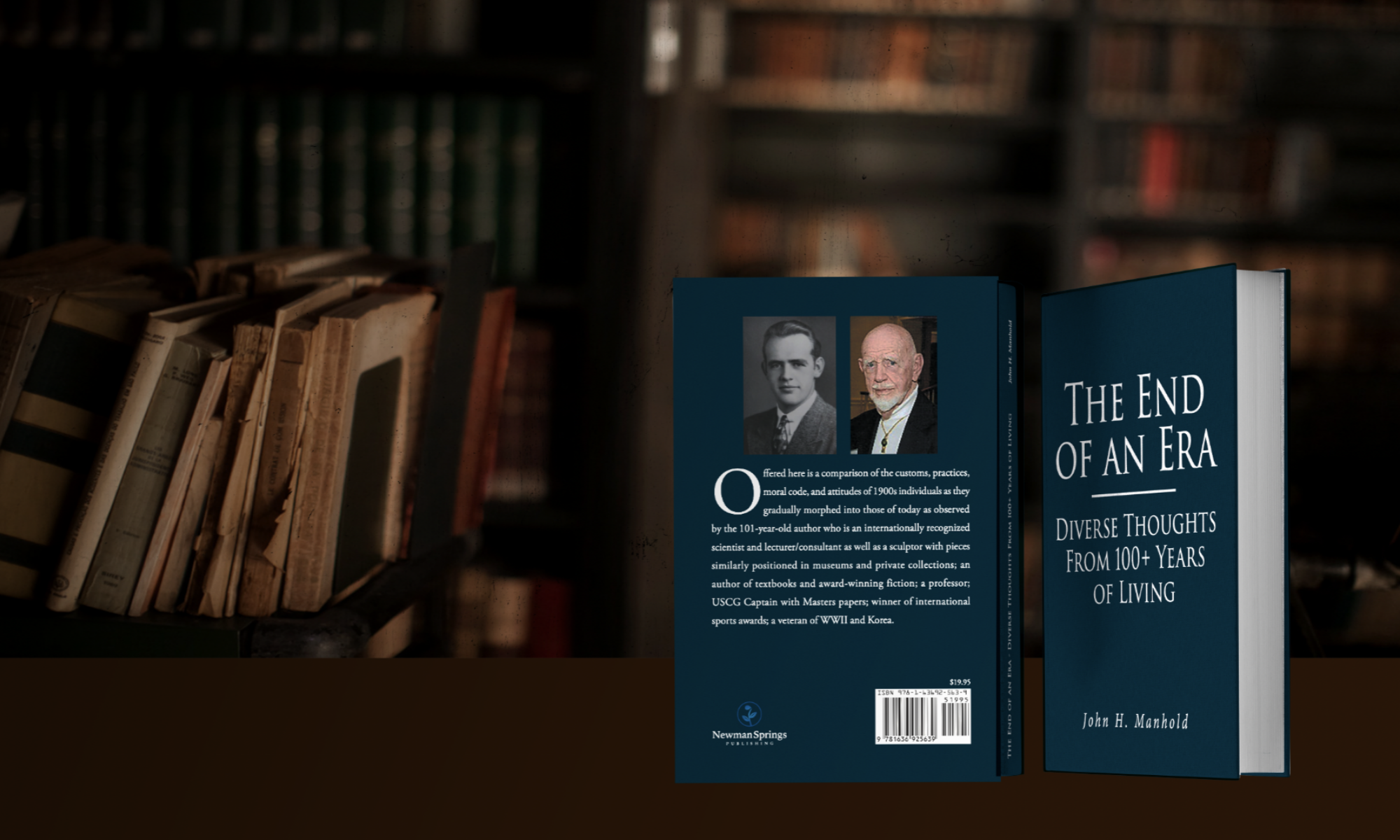Let’s Pretend a book published by Amazon, copyright and written by Christian Hagesth III.
The opening passages of this book induce a reader to believe the author has set forth a fantasy novel loosely based on the ‘genie in the bottle’ theme. The protagonist, Peter Andresen is a retired psychiatrist whose wife died several years ago in an accident and he has two grown sons who are ‘too busy’ to bother seeing him. He believes he is in his sixties, suffers from Parkinson’s disease, has been bankrupt and now “scrapes by on Social Security and V.A. Benefits.” He is alone and lonely and walking aimlessly on a beach with no person or even buildings in sight. He spots a corked empty bottle that has drifted ashore, picks it up and sees a note inside. Amused by remembrance of the old tales, he attempts to remove it. The task is difficult so bringing it closer a faint voice seems to emanate from its depths requesting release. Shocked, he rapidly reverts to remembered Marine Drill Sargent’s marching orders continuing until encountering a lovely young woman. She greets him with no hint of a sexual come-on, which would be useless anyway because his Parkinson’s long ago had removed the possibility of any such activity. They do however, acquire what seems to be a deep mutual understanding and attachment, so continue walking together and the young woman appears to be able to provide all manner of ‘good things’ out of nowhere. Thus, the tale’s subtitle “A tale of Mind, Imagination, and Healing” quickly is recalled. Holly is able to cause welcome sleep, wonderful breakfasts, fine dining with all of the amenities, sessions of swimming with whales, functioning as partner of a raptor and of an entire flock of birds and more. She also facilitates visits with his Aunt Nora, participation in conversational gatherings with historical medical figures such as Hippocrates and Galen, another non-religious individual from whom he learns that “God needs to be experienced, not dissected”, and other pertinent individuals. But eventually from this non-physical reality where everything he needs is provided by his mind because it is not limited in the more usual manner by attention to material reality, the reader witnesses the evolution of a physically ill individual, additionally suffering from a degree of PTSD, who ultimately re-emerges in the ‘real world’ as a truly empathetic individual who is a true ‘healer’.
Discussion: This is an engaging book. It literally forces a reader to return to the too-often forgotten thoughts first provided on the importance of the mind on bodily action centuries before Sigmund Freud. As quoted by the author, Hippocrates stated “It is more important to know what patient has the disease than what disease the patient has” i.e. the mind’s content fundamentally is the important factor in treatment. As an extension on his theme, the author provides examples of the many psychological burdens carried by the protagonist. Included are early strange thoughts arising from the child’s bedtime prayer “Now I lay me down to sleep…”, being recognized as a hated other young boy instead of as her son by his mother just being returned from a psychiatric facility, thoughts about shooting himself in college and a horrifying experience after being shot down on a mission over enemy territory. Many more compelling features of mind-body interrelationship along with additional pertinent details and thought compelling reaction are included. A reminder of medicine’s mortal conflict with ignorance not only is legendary but particularly relevant again today by the recent resistance to immunization and the cautionary admonition “The greater the ignorance, the greater the dogmatism” necessitating the cautionary remark “Be careful talking to people about your understanding of the infinite mind…you know it will be distorted. It will be seen as both heresy and gospel.” But enough! This is merely a review by a relatively knowledgeable reader who has been impressed by the author’s ability to bring forth, in a rather succinct manner, a basic tenet of the mind-body-disease relationship that, as stated, has appeared to have been lost for centuries. Granted, Freud, Jung and others resurrected a piece of it which H. Flanders Dunbar and others expanded to a degree. However, this particular treatise reestablishes the basic tenets and does so in a quite charming fictional tale that is highly recommended both as a simple fantasy, but even more importantly as a book to enjoy analyzing and absorbing its message.
5* Riveting dual level tale; enjoyable fantasy; crying for deeper analysis.
